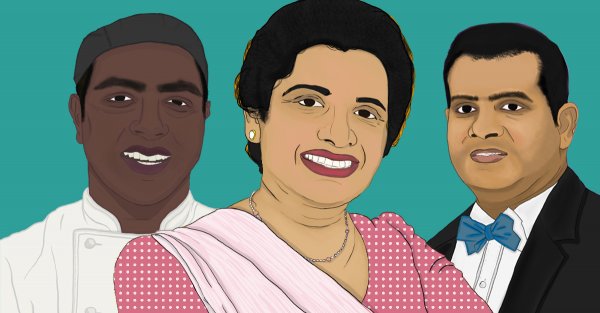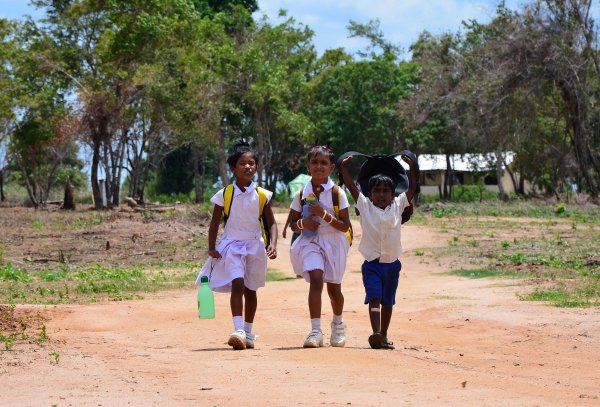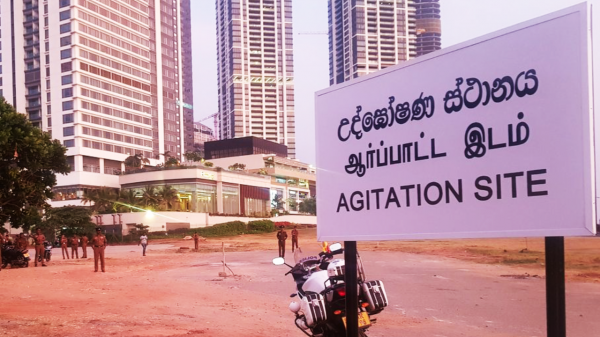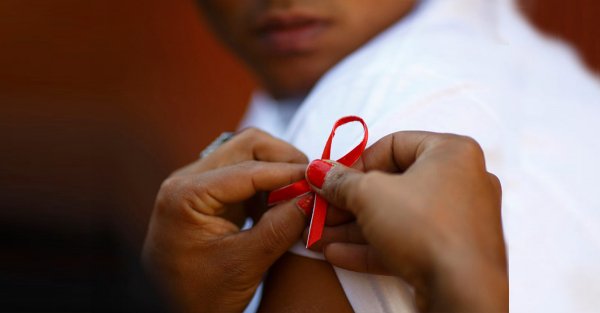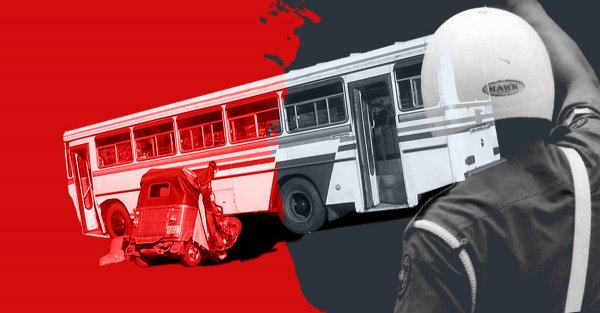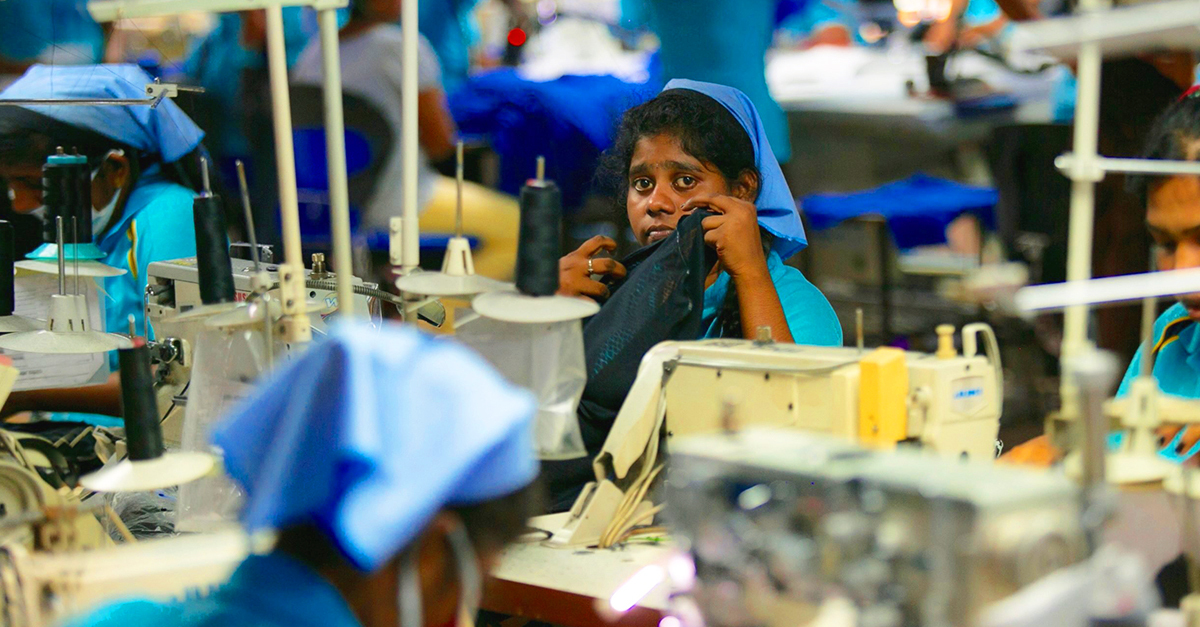
There are new taps installed in the guard room, with bars of soap on the side. A nurse monitors your temperature and you wipe your feet against a special mat, before you enter the premises. At the doorway is a separate chamber, where you are sprayed with disinfectant from head-to-toe. Promptly after, you punch-in on the fingerprint machine—like everyone else reporting for work—you are asked to sanitise your hands again.
This is the process Sarath* (38) undergoes now while working at the glove manufacturing department of a factory, at the Katunayake Export Processing Zone (EPZ); which has since re-opened amidst the lockdown.
Initially, when the COVID-19 curfew was first imposed, employees at EPZs were confined to their boarding houses. A week later, the Board Of Investment (BOI) temporarily closed down all zones upon government instruction and ensured that the employees returned to their hometowns.
Not all chose to leave, however. Many employees like Sarath stayed behind.
Boarded In
EPZs (also known as free trade zones) established by the BOI, are designated areas across the island rooted in export promotion and economic growth. Housing a combination of factories and dwellings, it is a second-home to a workforce that forms the backbone of more than 42 percent of the country’s export economy.
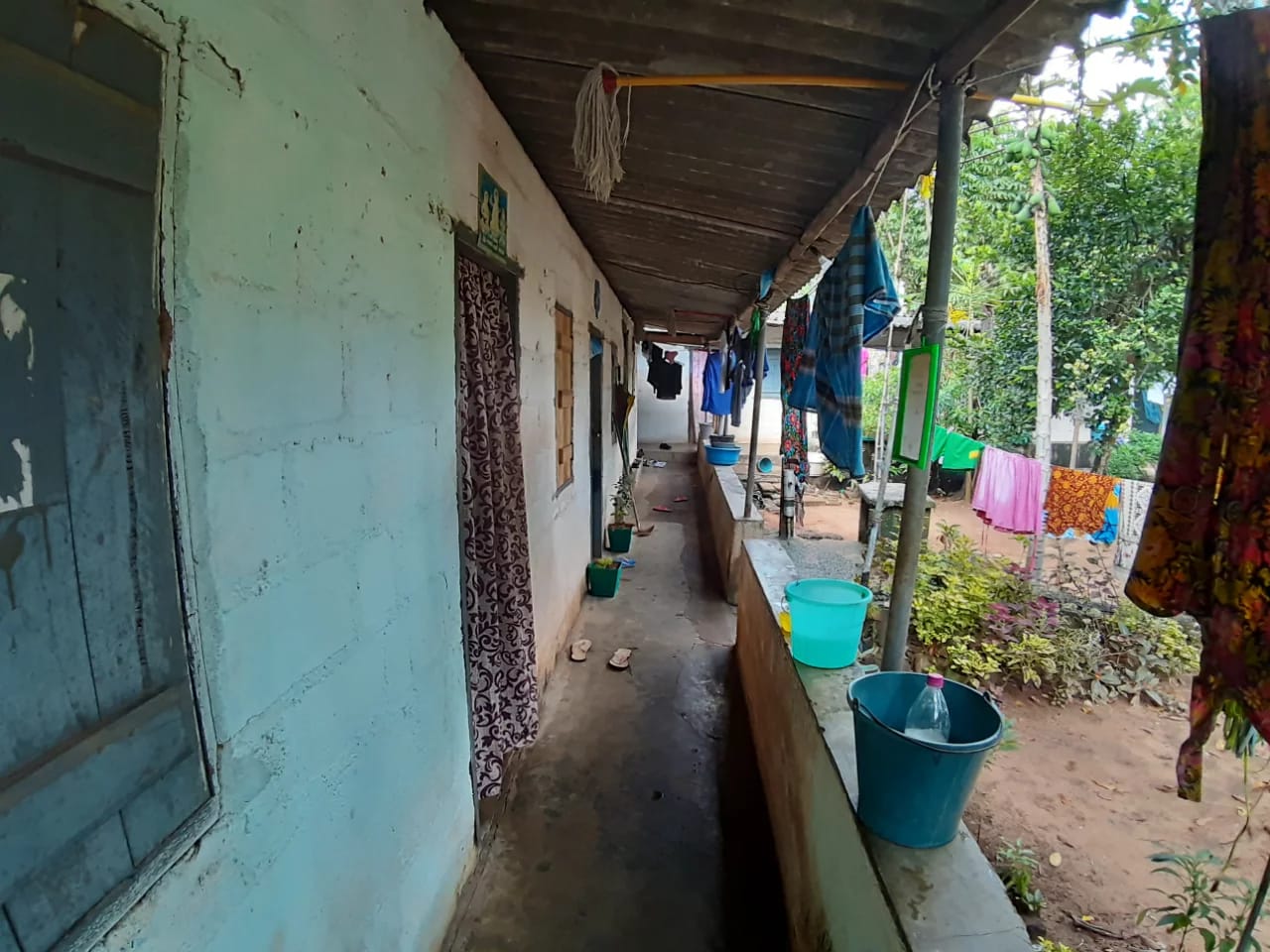
The first week of curfew was extremely difficult for most workers at the Katunayake EPZ.
Sarath lives with his wife and children in a boarding house. On 24 March, when a brief interlude for the curfew was announced, he chose to queue at the grocery store over the bank, with the little cash left in his hand. He couldn’t bear the thought of not taking any food back home before the curfew was reimposed.
“I would get calls from several other workers crying at night,” Sarath told Roar Media. “One used to break down over the phone, feeling like a prisoner in his cramped rented room. Another missed her family, and counted her rations carefully; the rice, the dhal, the soya, and the kawpi.”
Boarding houses within these zones can vary from rentable rooms to hostels for around 50-60 people. These buildings emanate signs of shared space; a common clothing line snakes its way, marking the outer edges of makeshift homes.
Communal washrooms host a row of showers and toilets. “In some [washrooms], there is no partitioning between shower cubicles or even of gender,” Ashila Dandeniya, a former factory employee and current founder of organisation Stand Up Movement Lanka, said.
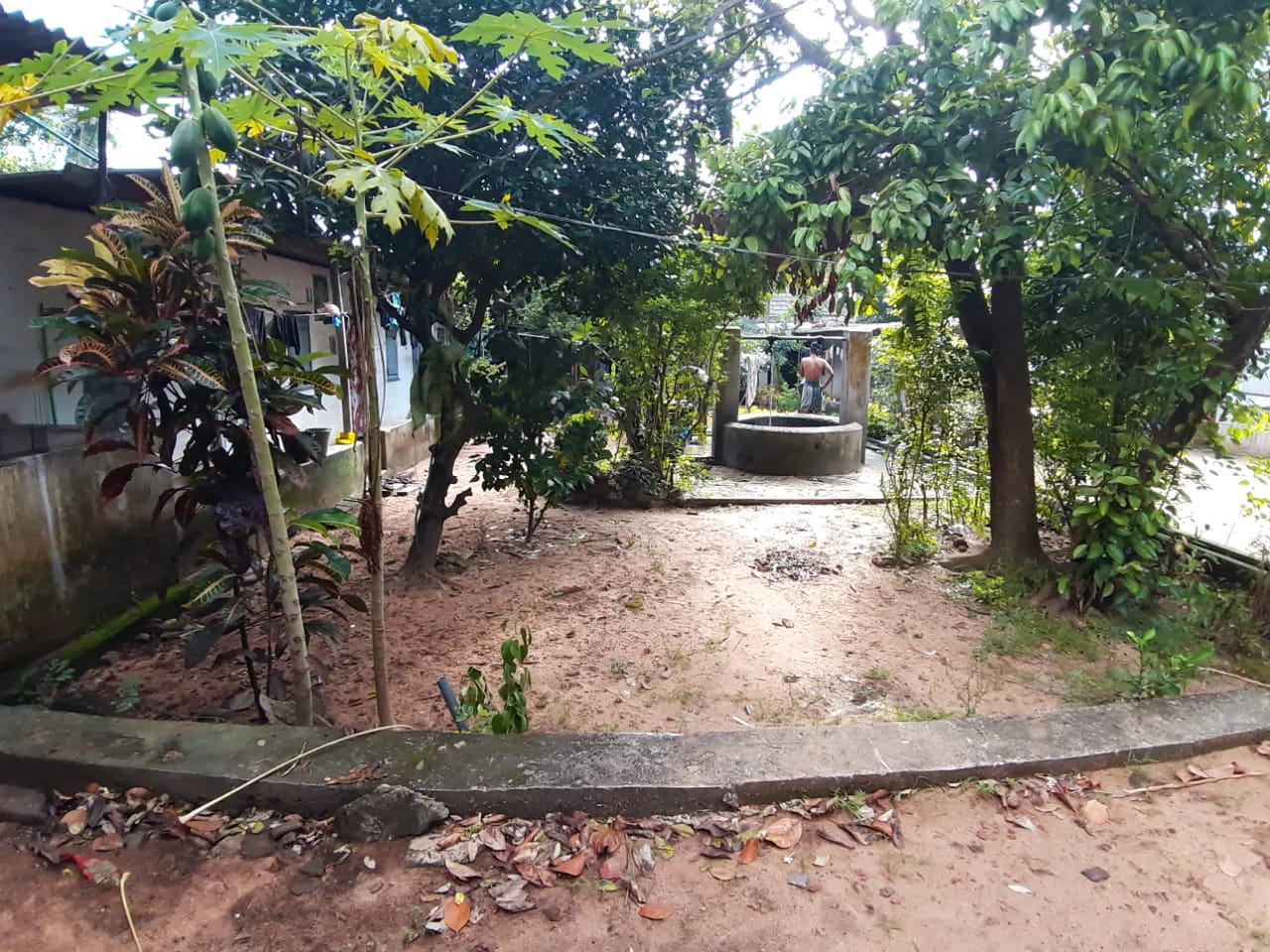
Going Home
On 27 March, employees who wished to return to their homes outside the zones gathered in large crowds, as early as 5.00 am. Most of them had been notified of the plan, only the day before.
“We announced to everyone to be at the gate by 7.00 am. I do not know why many arrived two hours earlier,” BOI Director for Katunayake, Sisil Fernando said. “We had to make preparations: set up a system with medical professionals, wait for the buses, and army personnel to arrive,” he added, further confirming that a due medical check-up process was followed.
The BOI is responsible for workers in 12 EPZs across the country, and according to Fernando, just the Katunayake zone holds around 36,500 workers on an average day. Individuals travel from all parts of the country to live and work in these job generating regions.
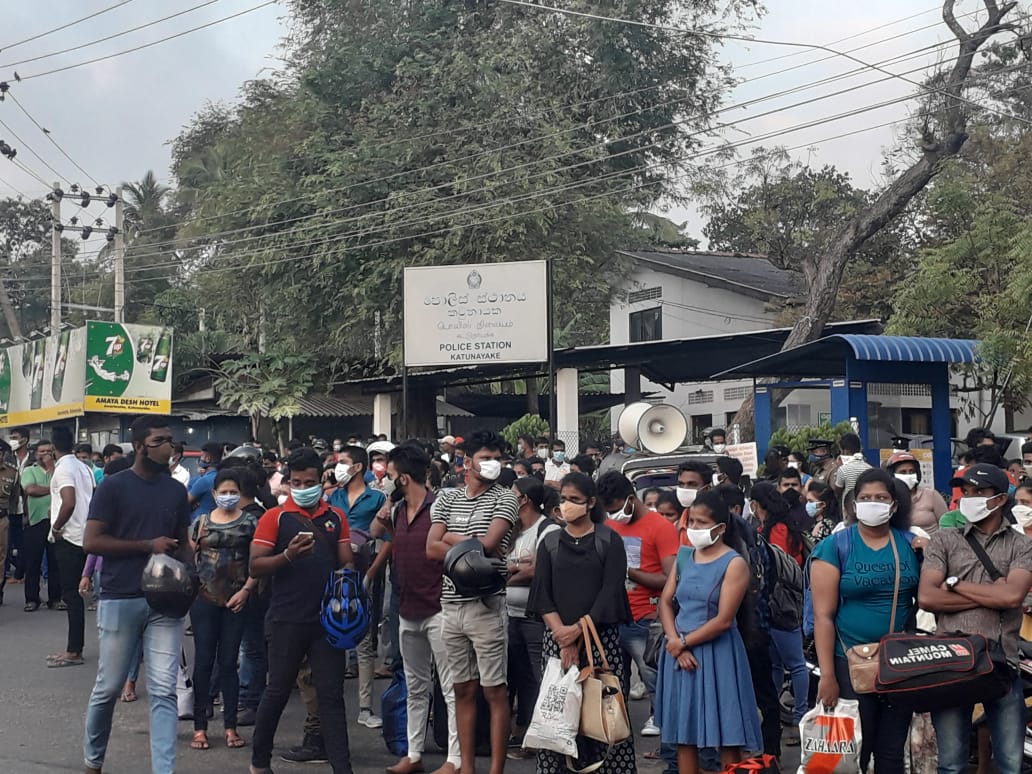
Sarath chose to stay back as he felt it was too risky to travel with his two young children. Meanwhile, Mala* (27), also a factory worker, has no one back in her hometown Hatton—with her family members stationed in different parts of the country for work.
She lives with her husband, and during the initial weeks, had barely any food left in their room. “At least we had water,” she said. “And soon after, we were grateful for the rations donated to us by a local NGO.”
Unintended Victims
According to Dandeniya, salary payments have differed across factories. “Some have not even received their salary for March. While those who did in March, only received half of their salary in April, with notice that May too will be a half-salary,” she said.
She confirmed that certain factories were able to pay the workers for both months. “Of course, this is the basic salary. There is no overtime, attendance bonus, or other incentives that the workers usually look forward to, to keep them afloat.”
Sarath and Mala received salaries both months, “and I got half my bonus for April,” Mala said. Earlier, she had purchased rations on credit from a nearby store until she was refused the option due to her inability to meet her debt. She also has to pay rent and send money to her mother. “I don’t really have savings, we pay with each salary we get,” she said.
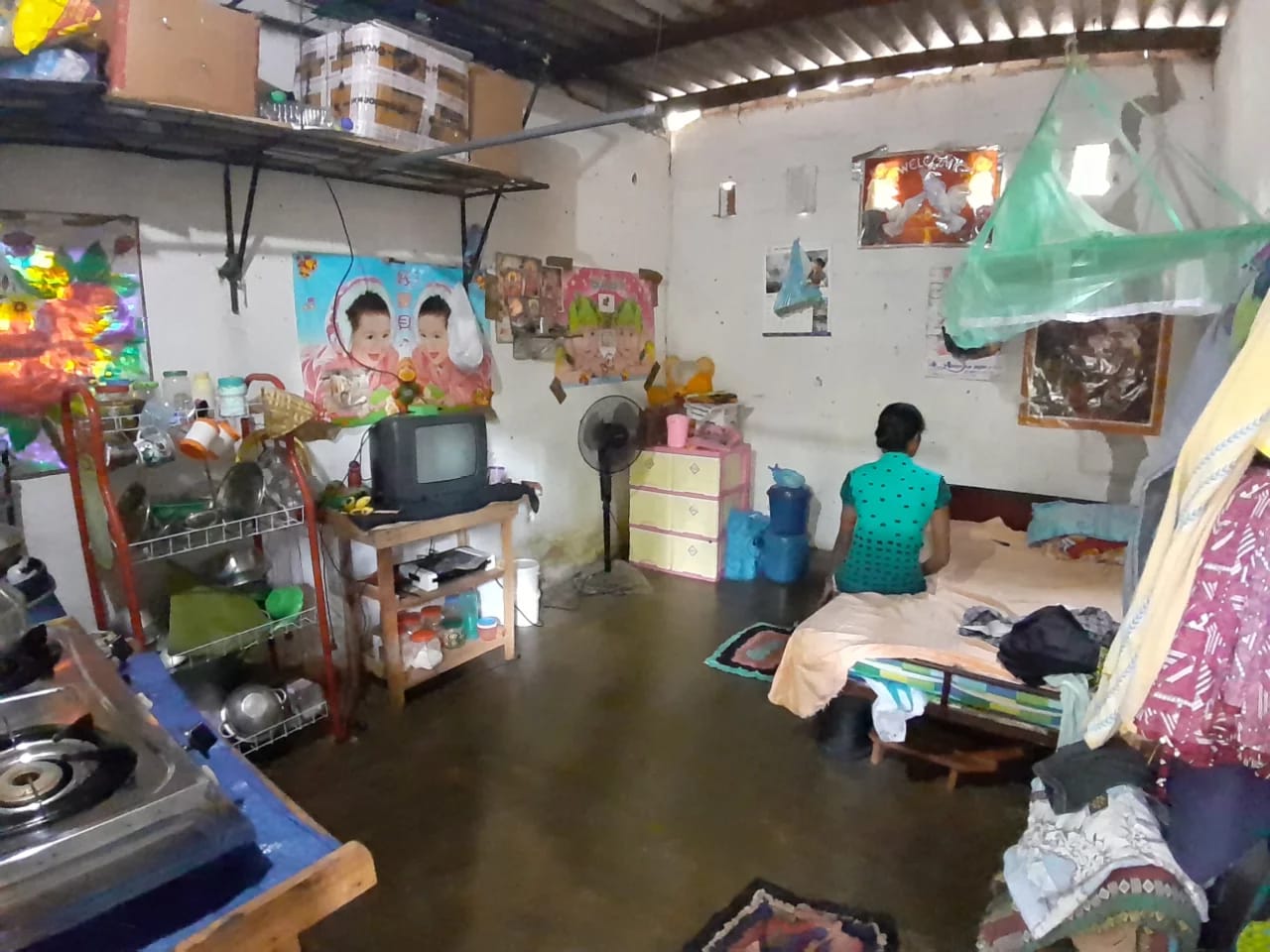
The apparel sector is forecasted to be one of Sri Lanka’s hardest-hit industries by the COVID-19 crisis. Sri Lanka’s key buyers of textiles are the US and Europe—two of the most vulnerable markets, in the face of an imminent economic recession.
As international economies struggle, payments have been delayed, local orders suspended or cancelled. The lockdown has brought a large proportion of revenue-generating work to a grinding halt.
At a public online panel, CEO of Brandix Lanka Ltd, Ashroff Omar highlighted an expected contraction in demand for the rest of 2020, followed by a price war among export countries, and unpredictable consumer behaviour—unless a vaccine for COVID-19 is introduced. This, with the potential to close-down factories, and create large-scale unemployment.
Although, factory employees are not the only victims, as job insecurity in this field is spread across staff levels.
The New Normal
“Now we have to use our feet to open doors and operate taps,” Sarath said. He further explained that even the factory’s canteen layout had been changed with every middle tap removed to create a metre-gap.
“We take our tea cups from hot water containers, and eat our food alone, maintaining distance,” he added. “The factory is sprayed with disinfectant daily, and we sit away from each other. Where I work, there’s only around quarter of the usual workforce right now.”
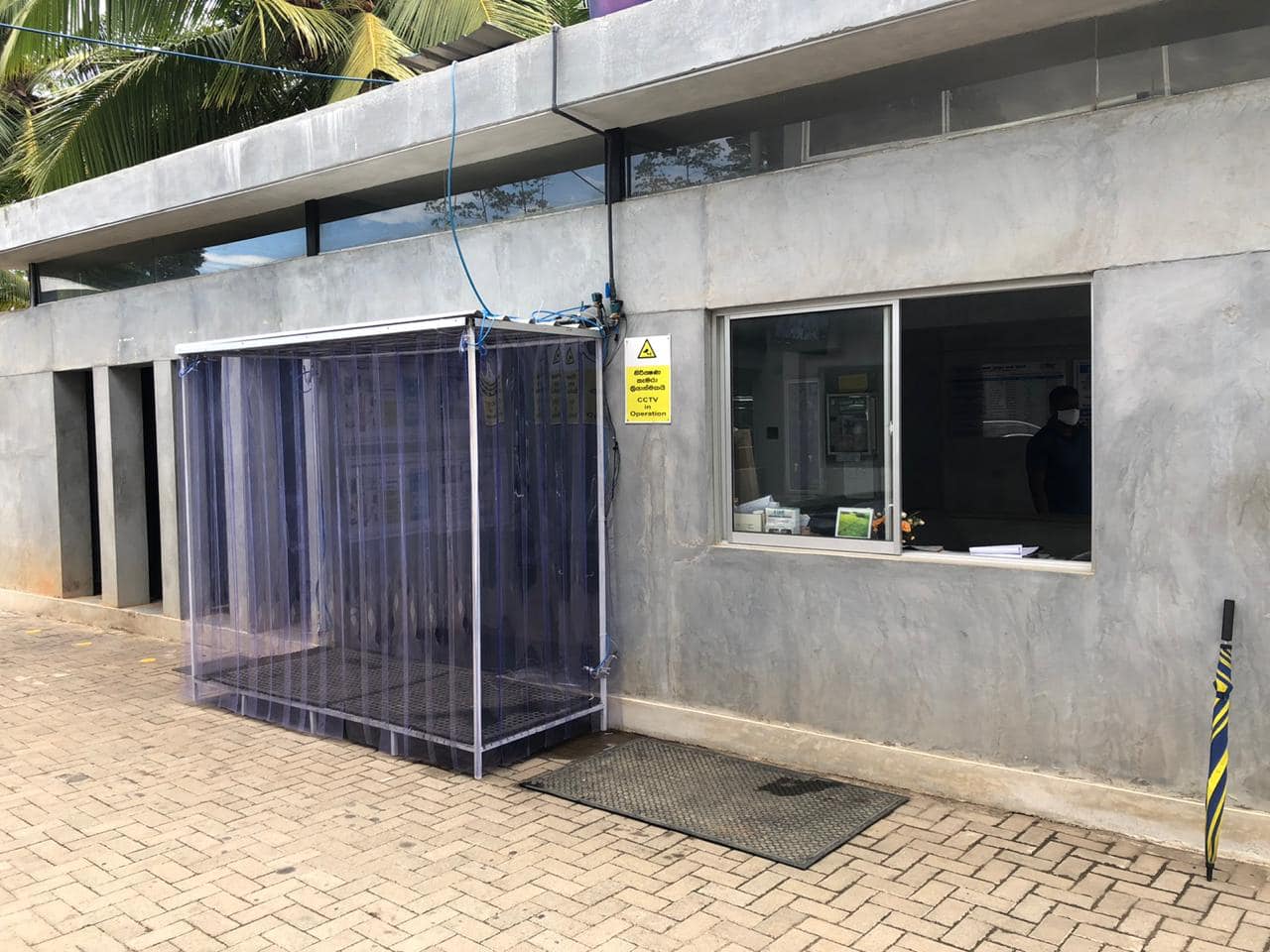
The latter part of March saw a handful of factories operating under the lockdown with, according to BOI Director Sisil Fernando, around 130 employees. More recently, he told Roar Media that, roughly 62 enterprises are back in operation with a workforce of 4,945. Many of these enterprises have returned to work, after taking every precaution available.
“In the zone, we have a Ministry of Health office and a Public Health Inspector who frequently visits these enterprises where the employees are working,” Fernando said, confirming that measures are being taken to provide hygiene protection to all.
However, the threat of infection is ever present. On 1 May, 21 factories at the Horana BOI zone were shut down after one employee tested positive for COVID-19, reported to be related to a confirmed patient. PCR tests are set to be conducted on the 350 employees who were present.
This industry, like many others, faces the difficulty in needing to resume work—to sustain livelihoods, the economy, and produce the scarce and much needed protective equipment—while considering the very real threat of the virus. “Not all factories are following similar standards of hygiene,” Dandeniya further pointed out.
Sarath does not mind having to go to work, because it means an incoming salary. Since the lockdown, he has been assigned in processing urgent orders and most recently, in the production of medical masks and Personal Protective Equipment (PPEs) for healthcare workers.
Mala [who has not yet been called into work] and several others—either in their hometowns or confined to their boarding room—wonder about their income during the next few months.
“I worry about how to buy food to survive. I hope this situation will resolve soon so that I can go back to my job,” Mala said. “I just wish things would go back to the way it was before.”
* — names changed to protect identity.
